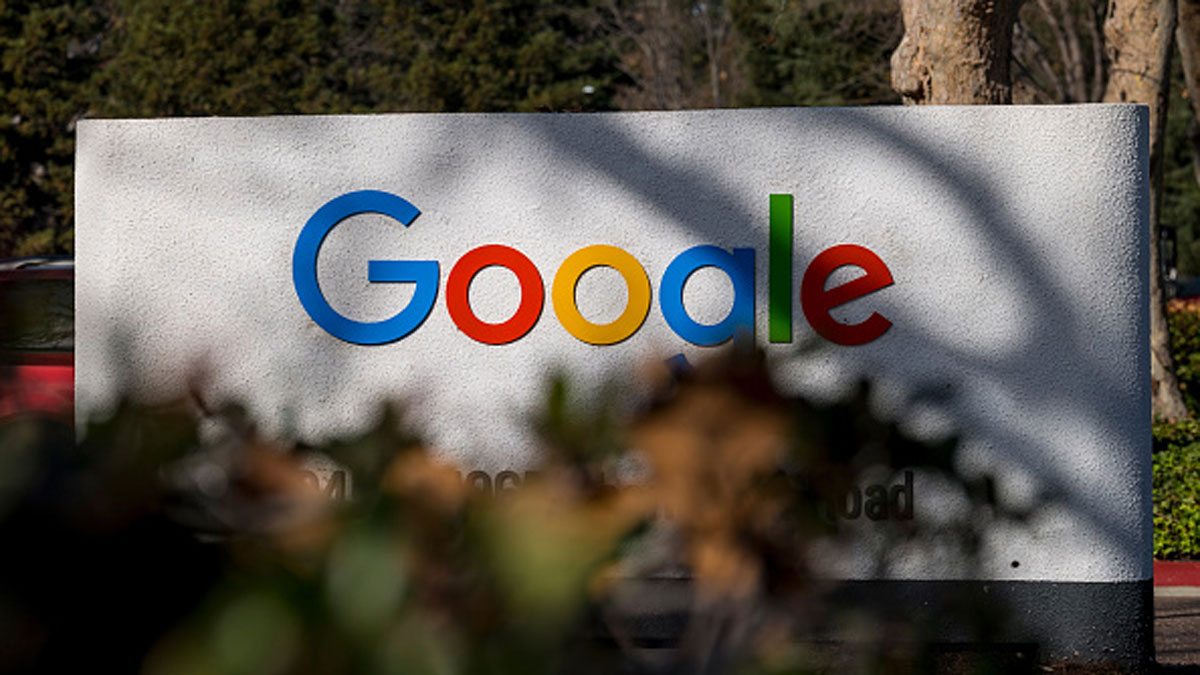Last month, a class-action complaint was filed against Walmart under the same legislation that speared a $650 million settlement with Facebook.
The complaint, filed on Sept. 1 by Illinois resident James Luthe, alleges that the store's video surveillance obtains biometric data of its customers.
This would be in violation of Illinois' Biometric Privacy Act, legislation that has previously steered lawsuits against social media and tech companies.
"Walmart stores in Illinois are outfitted with cameras and advanced video surveillance systems that -- unbeknownst to customers -- surreptitiously collect, possess, or otherwise obtain Biometric Data," the complaint reads. "Walmart does not notify customers of this fact prior to store entry, nor does it obtain consent prior to collecting its customers Biometric Data."
Feeling out of the loop? We'll catch you up on the Chicago news you need to know. Sign up for the weekly Chicago Catch-Up newsletter here.
The lawsuit also alleges that Walmart does not notify customers that it uses Clearview artificial intelligence facial recognition software that scans and stores facial features.
Illinois’ Biometric Privacy Act prohibits private sector companies and institutions from collecting biometric data -- like unique facial features -- from unsuspecting citizens in the state or online, no matter where the business is based.
Data cannot be sold, transferred or traded. Unlike any other state, citizens can sue for alleged violations, the law states.
If a company is found to have violated Illinois law, citizens can collect civil penalties up to $5,000 per violation compounded by the number of people affected and days involved. No state regulatory agency is involved in enforcement.
Since BIPA is an Illinois law, it only applies to state residents.
According to the suit against Walmart, the plaintiff is requesting that the complaint become a certified class action order that awards its members with "compensatory, non-compensatory, statutory, exemplary and punitive damages," in the form of $5,000 for each "intentional" BIPA violation, and $1,000 for each "negligent" BIPA violation.
According to Top Class Actions, a website that tracks class action lawsuits, Walmart has recently been the target of "numerous class action lawsuits," with claims that include false advertising, misrepresenting products and more.




